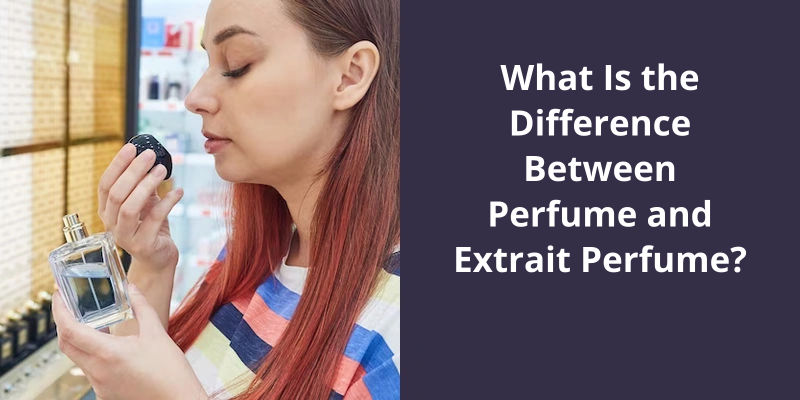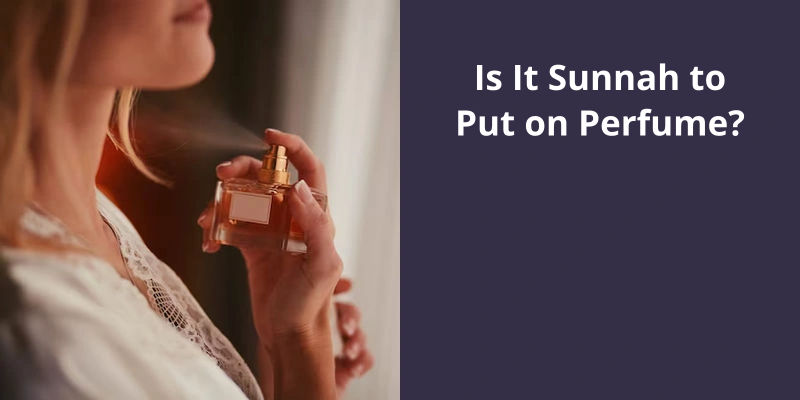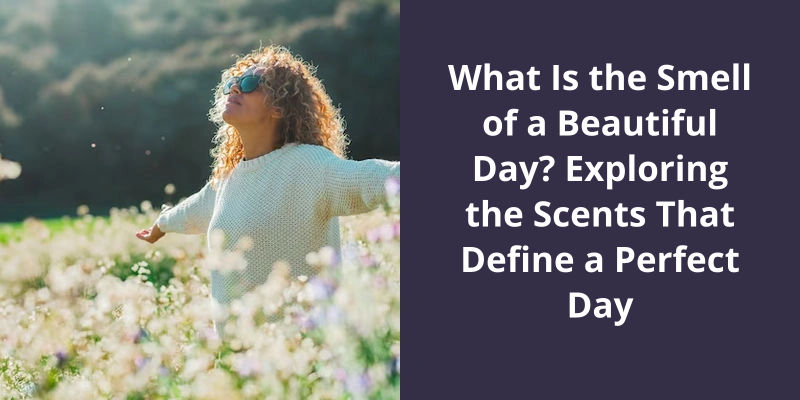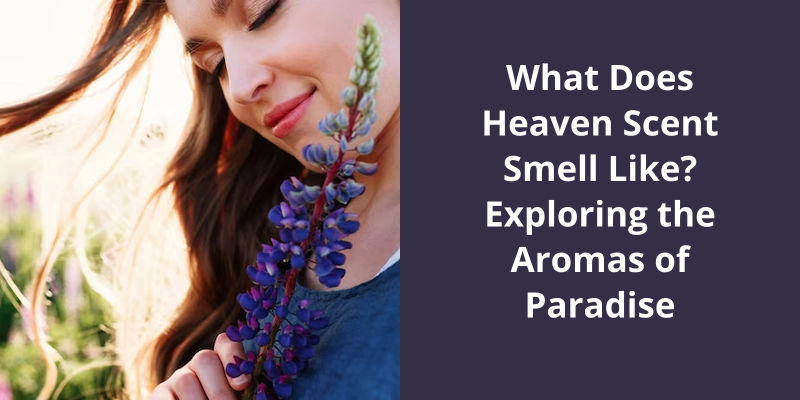The difference between perfume and extrait perfume lies in their concentration of essential oils. Perfume, also known as Eau de Parfum, typically contains 15-20% concentration, which gives it a long-lasting scent. On the other hand, Extrait perfume, or perfume extract, has a higher concentration, usually between 20-40%. This makes the scent of Extrait perfume much stronger and longer lasting than regular perfume. However, this also makes Extrait perfume more expensive than regular perfume due to the higher concentration of essential oils.

What Does Extrait Mean in Perfume?
Extrait de parfum is the most luxurious and expensive form of perfume due to it’s high concentration of perfume oil. This means that the fragrance is more intense, longer-lasting, and richer than other forms of perfume. It’s the perfect choice for those who want a perfume that lasts all day and has a strong scent.
The fragrance industry is constantly innovating and changing, and extrait de parfum is no exception. Some of the most popular fragrances in this category include Chanel No. 5, Shalimar, and Joy.
Due to their high concentration of perfume oil, just a small amount is needed to achieve a strong scent. It’s best to apply a small amount to your pulse points and let the scent develop over the course of the day.
With it’s concentrated formula, unique scents, and strong character, these beautiful perfumes are sure to impress and delight those who appreciate the art of fragrance.
When it comes to fragrances, there are several categories to choose from. One such category is Extract de Parfum, which is often compared to Eau de Parfum due to their similar-sounding names. However, the two are quite different, with the former boasting a higher concentration of raw materials that makes it feel more oily. Despite being less commonly used than EDP, Extract de Parfum is highly valued and priced due to it’s precious composition, packaging, and smaller bottle size. So, what’re the other types of fragrances available? Let’s take a closer look.
Is Extract the Same as Perfume?
While both extract and perfume fall under the category of fragrances, they aren’t the same. Extract, also known as Extrait de Parfum, contains a higher concentration of essential oils, making it more potent than traditional perfumes. This gives it a richer and more intense scent, making it perfect for special occasions or evening wear.
The use of extracts can be traced back to ancient times, where they were used for medicinal purposes. The art of creating extracts as a perfume was later developed by the French, who were known for their ability to extract oils from various fragrant materials. These oils were then combined to create fragrances that were more concentrated and long-lasting than traditional perfumes.
Extracts vary in concentration depending on the brand and fragrance, but they generally contain between 15% and 40% perfume oil, making them much more potent than traditional perfumes. This is why they’re usually sold in smaller bottles, as only a small amount is needed to create a long-lasting fragrance. They’re also usually more expensive than traditional perfumes due to the high concentration of precious oils used.
In contrast, traditional perfumes, such as Eau de Parfum, contain a lower concentration of essential oils, typically around 10% to 20%, which makes them lighter and less long-lasting. They’re also less expensive than extracts, making them a popular choice for everyday wear. However, they aren’t as intense or luxurious as extracts, which are considered to be the pinnacle of the perfumers art.
While they’re both fragrances, extracts are much more potent and contain a higher concentration of essential oils. Traditional perfumes, on the other hand, are lighter and less long-lasting, making them a popular choice for everyday wear.
What Is the Process of Creating an Extract Perfume?
Extract perfumes are made by extracting fragrant oils from natural materials such as flowers, spices, or woods. The process typically involves placing the material to be extracted into a solvent which dissolves the oils, and then separating the oil from the solvent. The resulting extract is then blended with alcohol and other ingredients to create the final perfume. The entire process is done manually to ensure the quality of the perfume, and can take several weeks or months to complete depending on the material being used and the desired fragrance.
Conclusion
However, it's important to note that the variation in concentration also impacts the price point, with Extrait de parfum typically being more expensive due to it’s higher percentage of fragrance oils. Ultimately, the choice between perfume and Extrait perfume comes down to personal preference and the occasion for which it’s being worn. Whether you go for a subtle Eau de parfum or a bold Extrait de parfum, the right fragrance can evoke a sense of confidence and glamour, making it an essential part of any wardrobe.





